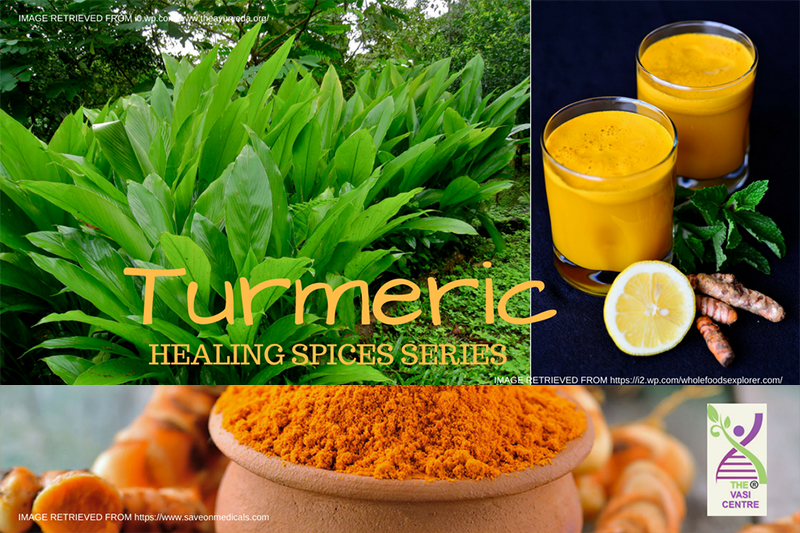
What are UTI’s? Urinary Tract Infections
Do you… Frequently or urgently need to urinate Often only pass small amounts of urine Have Pain or burning sensation when urinating These can be symptoms of urinary tract infections. There
Turmeric is a spice powder that is made from the root of the rhizomatous herbaceous flowering plant Curcuma longa, of the ginger (Zingiberaceae) family. Also known as Indian saffron, turmeric has been used in Asia for thousands of years as a dye, food colouring, and in traditional Indian medicine, Ayurveda. The root is orange in colour and the spice powder is bright yellow, which sometimes has the tendency to stain hands and clothing.
Turmeric has a pungent, earthy odour, with the flavouring being described as a little bitter and peppery, with a slight taste of ginger.
Dried turmeric is made by boiling the rhizomes, drying them in a hot oven, and then grinding the dried roots into powder. This spice tends to lose its potency within approximately 6 months.
Most turmeric is grown and exported from India, but it is also produced in China, Vietnam, and Peru, requiring temperatures between 20 and 30⁰C and a large amount of annual rainfall to thrive.

Turmeric as a spice is considered safe, but you should always consult with a doctor before taking it in supplement form. Turmeric has blood thinning properties, and so may negatively interact with blood thinning medications such as warfarin. It can also interact with medications that reduce stomach acid, and diabetes medications. Taking turmeric or curcumin supplements for an extended amount of time can result in stomach upset.
It is important to note that many of the studies mentioned above were performed on mice, with much higher doses of curcumin than would be found in a serving of turmeric. To get these levels it may be beneficial to get them in the form of a supplement.

Do you… Frequently or urgently need to urinate Often only pass small amounts of urine Have Pain or burning sensation when urinating These can be symptoms of urinary tract infections. There
Disclaimer – Our intent is not to diagnosis but to offer information on therapy choices and practitioners. Information on this site is intended general educational purposes only. Any statements made are carefully referenced and any information, products or services discussed are not intended to diagnose, cure, treat or prevent any disease or illness. Please consult a healthcare practitioner before making a choice.